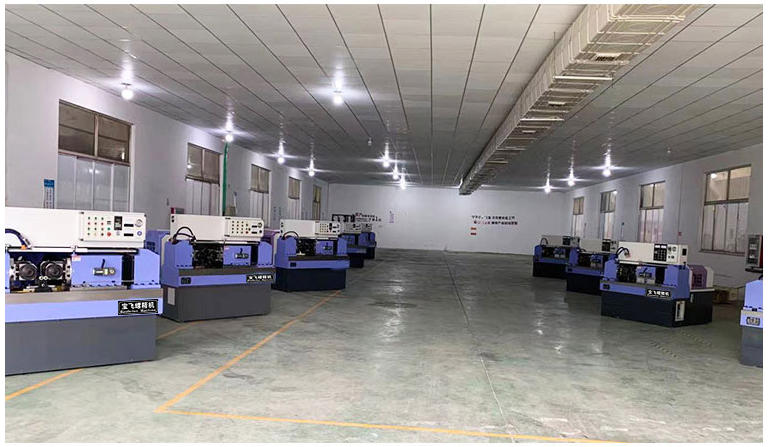
-
 Afrikaans
Afrikaans -
 Albanian
Albanian -
 Amharic
Amharic -
 Arabic
Arabic -
 Armenian
Armenian -
 Azerbaijani
Azerbaijani -
 Basque
Basque -
 Belarusian
Belarusian -
 Bengali
Bengali -
 Bosnian
Bosnian -
 Bulgarian
Bulgarian -
 Catalan
Catalan -
 Cebuano
Cebuano -
 Corsican
Corsican -
 Croatian
Croatian -
 Czech
Czech -
 Danish
Danish -
 Dutch
Dutch -
 English
English -
 Esperanto
Esperanto -
 Estonian
Estonian -
 Finnish
Finnish -
 French
French -
 Frisian
Frisian -
 Galician
Galician -
 Georgian
Georgian -
 German
German -
 Greek
Greek -
 Gujarati
Gujarati -
 Haitian Creole
Haitian Creole -
 hausa
hausa -
 hawaiian
hawaiian -
 Hebrew
Hebrew -
 Hindi
Hindi -
 Miao
Miao -
 Hungarian
Hungarian -
 Icelandic
Icelandic -
 igbo
igbo -
 Indonesian
Indonesian -
 irish
irish -
 Italian
Italian -
 Japanese
Japanese -
 Javanese
Javanese -
 Kannada
Kannada -
 kazakh
kazakh -
 Khmer
Khmer -
 Rwandese
Rwandese -
 Korean
Korean -
 Kurdish
Kurdish -
 Kyrgyz
Kyrgyz -
 Lao
Lao -
 Latin
Latin -
 Latvian
Latvian -
 Lithuanian
Lithuanian -
 Luxembourgish
Luxembourgish -
 Macedonian
Macedonian -
 Malgashi
Malgashi -
 Malay
Malay -
 Malayalam
Malayalam -
 Maltese
Maltese -
 Maori
Maori -
 Marathi
Marathi -
 Mongolian
Mongolian -
 Myanmar
Myanmar -
 Nepali
Nepali -
 Norwegian
Norwegian -
 Norwegian
Norwegian -
 Occitan
Occitan -
 Pashto
Pashto -
 Persian
Persian -
 Polish
Polish -
 Portuguese
Portuguese -
 Punjabi
Punjabi -
 Romanian
Romanian -
 Russian
Russian -
 Samoan
Samoan -
 Scottish Gaelic
Scottish Gaelic -
 Serbian
Serbian -
 Sesotho
Sesotho -
 Shona
Shona -
 Sindhi
Sindhi -
 Sinhala
Sinhala -
 Slovak
Slovak -
 Slovenian
Slovenian -
 Somali
Somali -
 Spanish
Spanish -
 Sundanese
Sundanese -
 Swahili
Swahili -
 Swedish
Swedish -
 Tagalog
Tagalog -
 Tajik
Tajik -
 Tamil
Tamil -
 Tatar
Tatar -
 Telugu
Telugu -
 Thai
Thai -
 Turkish
Turkish -
 Turkmen
Turkmen -
 Ukrainian
Ukrainian -
 Urdu
Urdu -
 Uighur
Uighur -
 Uzbek
Uzbek -
 Vietnamese
Vietnamese -
 Welsh
Welsh -
 Bantu
Bantu -
 Yiddish
Yiddish -
 Yoruba
Yoruba -
 Zulu
Zulu
Optimizing Precision and Efficiency in Thread Rolling Tool Services for Enhanced Manufacturing Quality
The Importance of Thread Rolling Tool Services in Modern Manufacturing
In the competitive landscape of modern manufacturing, precision and efficiency are paramount. One crucial aspect of this industry is the production of threaded components, which are essential in numerous applications, from automotive to aerospace. The thread rolling process has emerged as a preferred method for creating durable, high-precision threads, and thus, thread rolling tool services have become increasingly vital for manufacturers seeking quality and reliability in their operations.
What is Thread Rolling?
Thread rolling is a cold forming process that uses dies to create threads on a cylindrical workpiece. Unlike traditional cutting methods, which remove material to create threads, thread rolling reshapes the existing material, resulting in stronger, more resilient threads. This method minimizes waste and often leads to significantly lower production costs while enhancing the physical properties of the finished product.
The Role of Thread Rolling Tool Services
Thread rolling tool services provide specialized equipment and expertise to support the manufacturing process. These services include the design, production, and maintenance of rolling dies and machinery, which are essential for efficient thread rolling operations. By collaborating with experienced service providers, manufacturers can access state-of-the-art tools that enhance productivity and ensure precision.
1. Custom Tool Design One of the primary benefits of thread rolling tool services is the ability to provide custom die designs tailored to specific applications. This ensures that manufacturers can produce threads that meet exact specifications, allowing for a perfect fit in their final products. Custom tools also help in optimizing the rolling process, leading to increased efficiency.
thread rolling tool service

2. Quality Assurance Thread rolling tool services often incorporate rigorous quality control measures. By using high-quality materials and precision engineering techniques, these services ensure that the rolling tools maintain their performance over time. Regular inspections and maintenance programs help identify wear and tear, reducing downtime and minimizing the risk of defects in the threaded components.
3. Technical Support Many thread rolling tool service providers offer technical support to assist manufacturers in troubleshooting issues or optimizing production processes. This includes advice on machine settings, adjustments in tooling, and recommendations for best practices, all of which contribute to smoother operations and higher output rates.
4. Cost Efficiency Outsourcing thread rolling tool services can be a cost-effective strategy for manufacturers. Instead of investing heavily in in-house tooling capabilities, they can leverage the expertise and resources of specialized providers. This not only reduces capital expenditures but also allows manufacturers to focus on their core competencies.
5. Training and Education Continuous improvement is critical in manufacturing, and many thread rolling tool services also offer training programs for operators and technicians. These programs cover safe operation, maintenance of rolling equipment, and the latest industry innovations, ensuring that staff are well-equipped to handle current and future challenges.
Conclusion
In an era where precision, efficiency, and competitiveness define manufacturing success, thread rolling tool services play a crucial role. By providing specialized tooling, quality control, technical support, and training, these services help manufacturers produce high-quality threaded components that are integral to various industries. As demand for precision-engineered products continues to rise, the importance of reliable and innovative thread rolling tool services will only grow, underscoring their value in the modern manufacturing ecosystem. Manufacturers who partner with these services can enhance their production processes, reduce costs, and ultimately deliver superior products to their customers.
